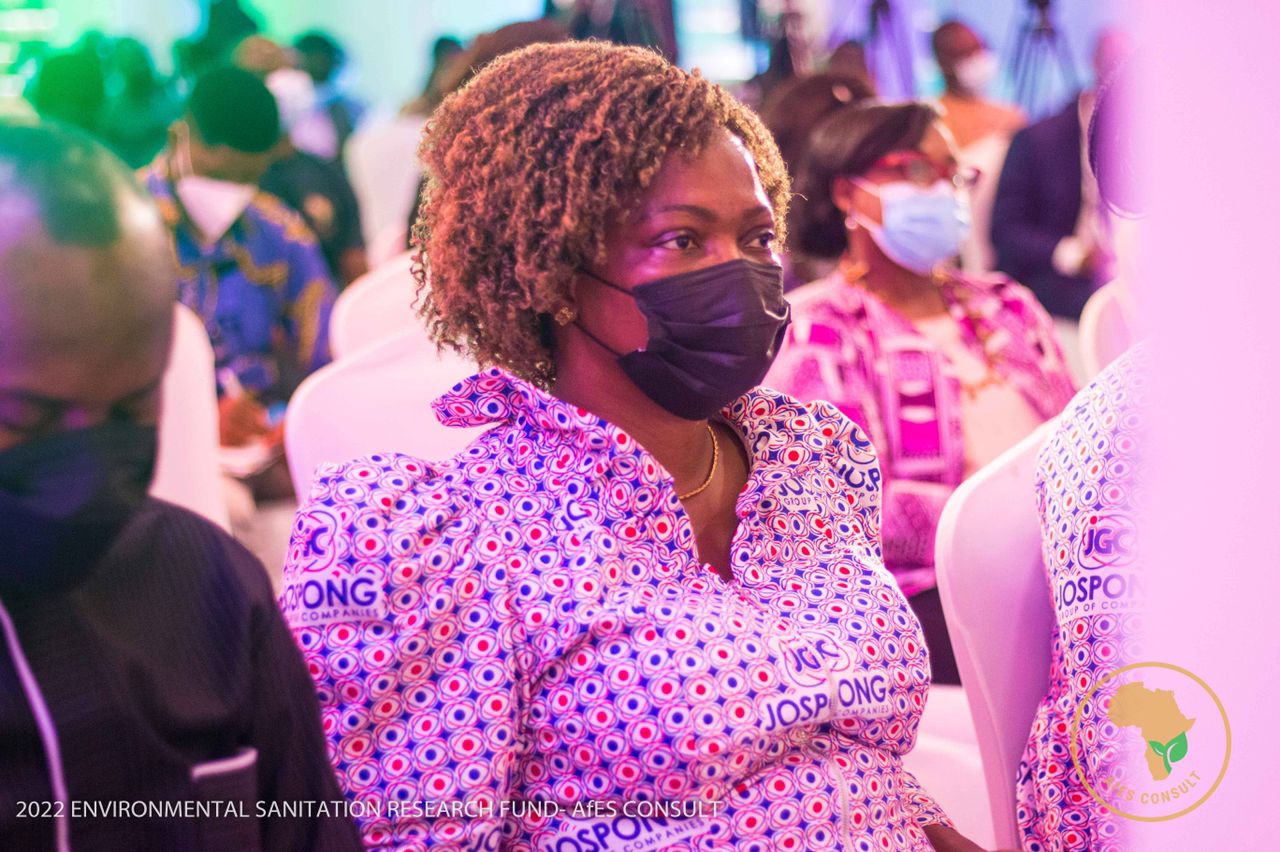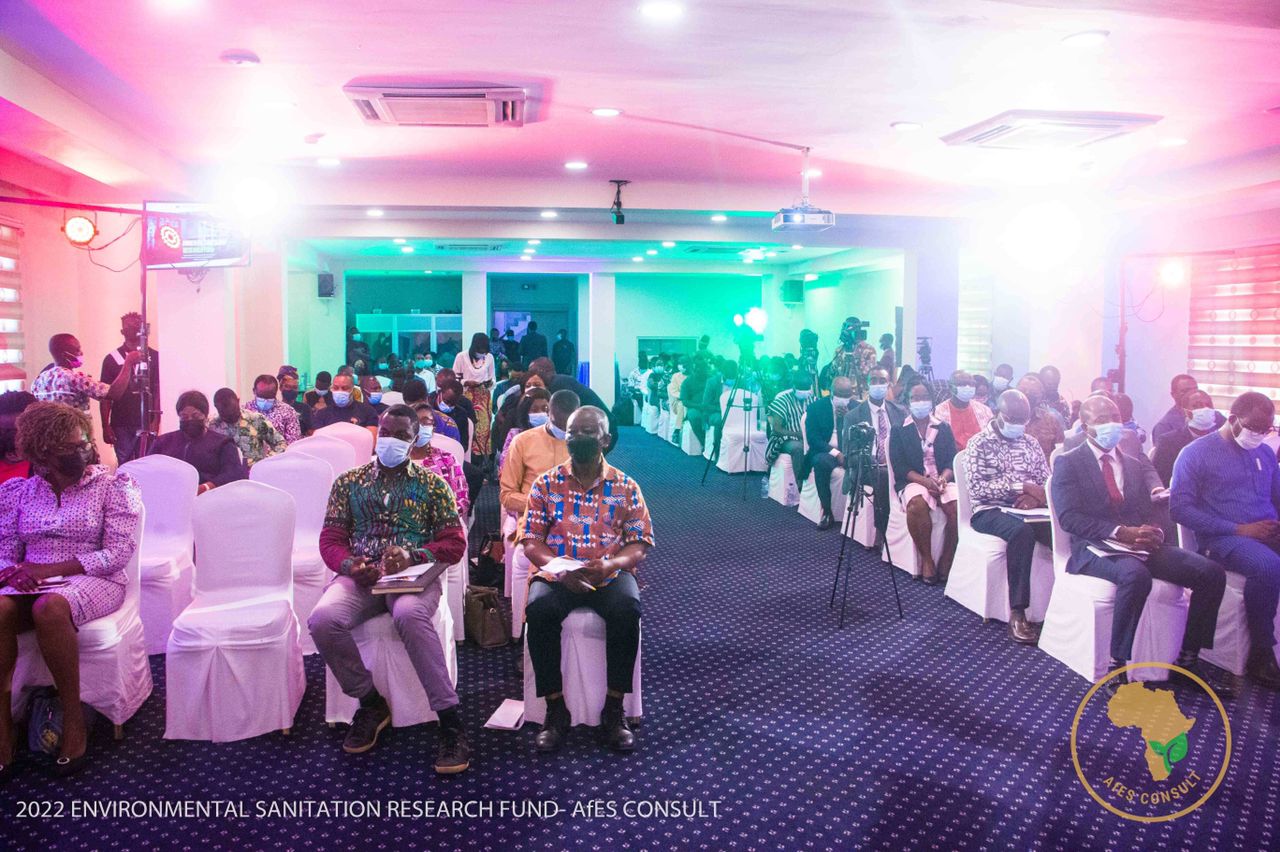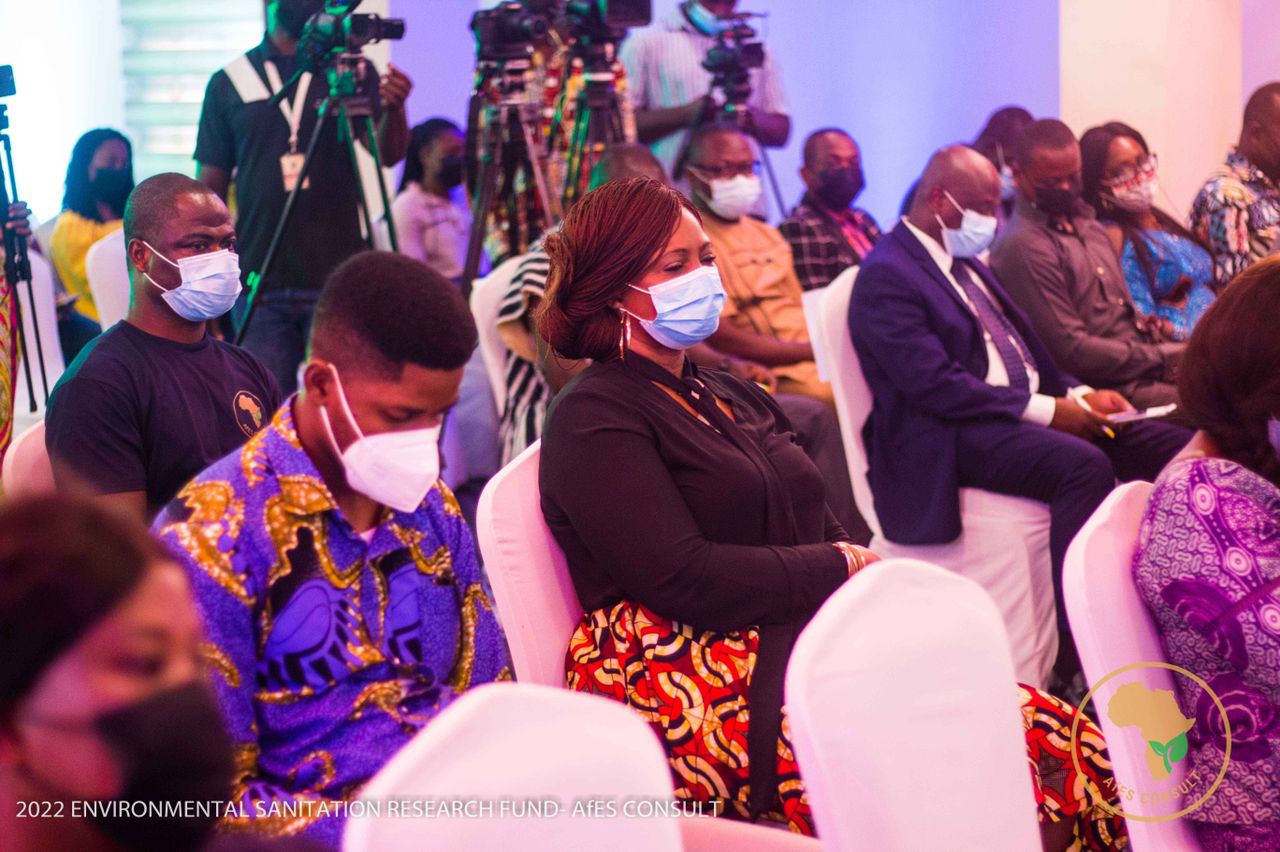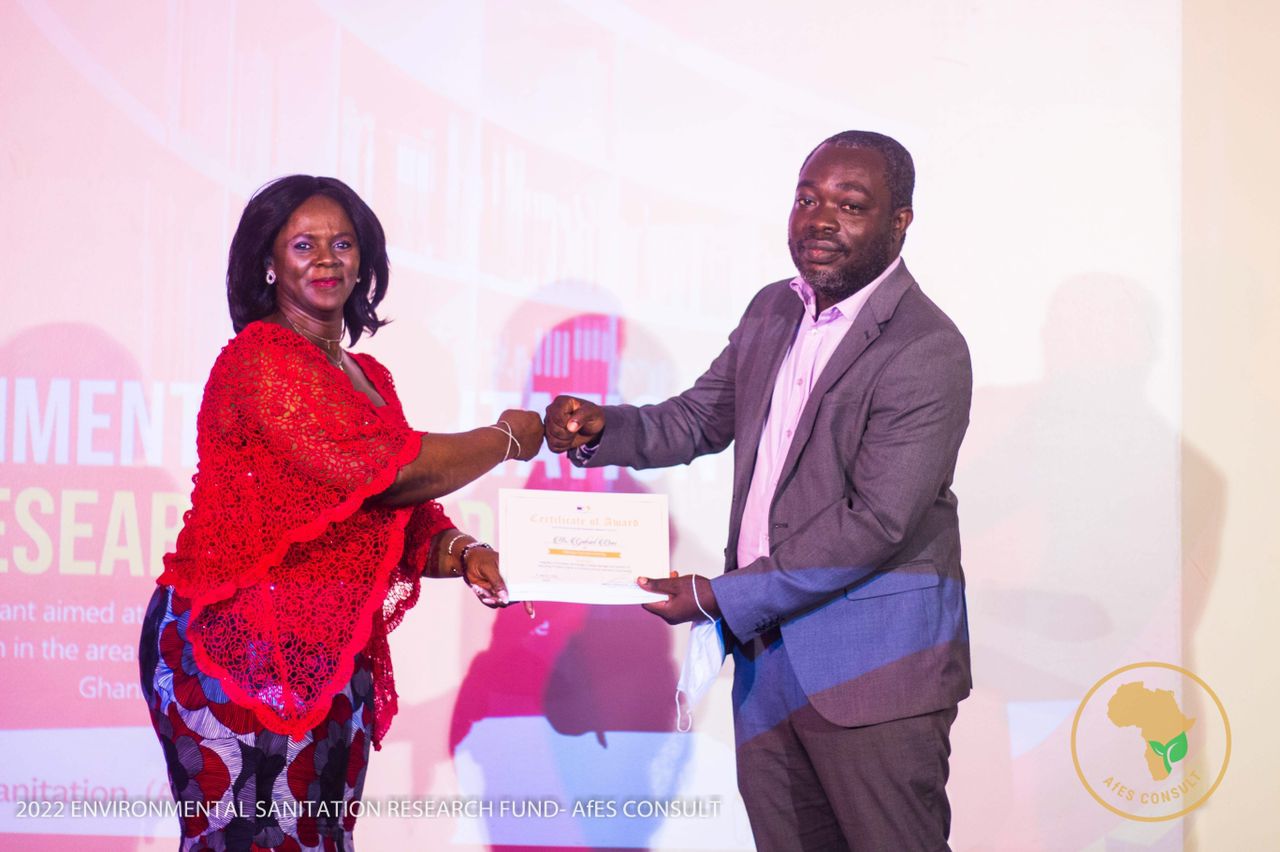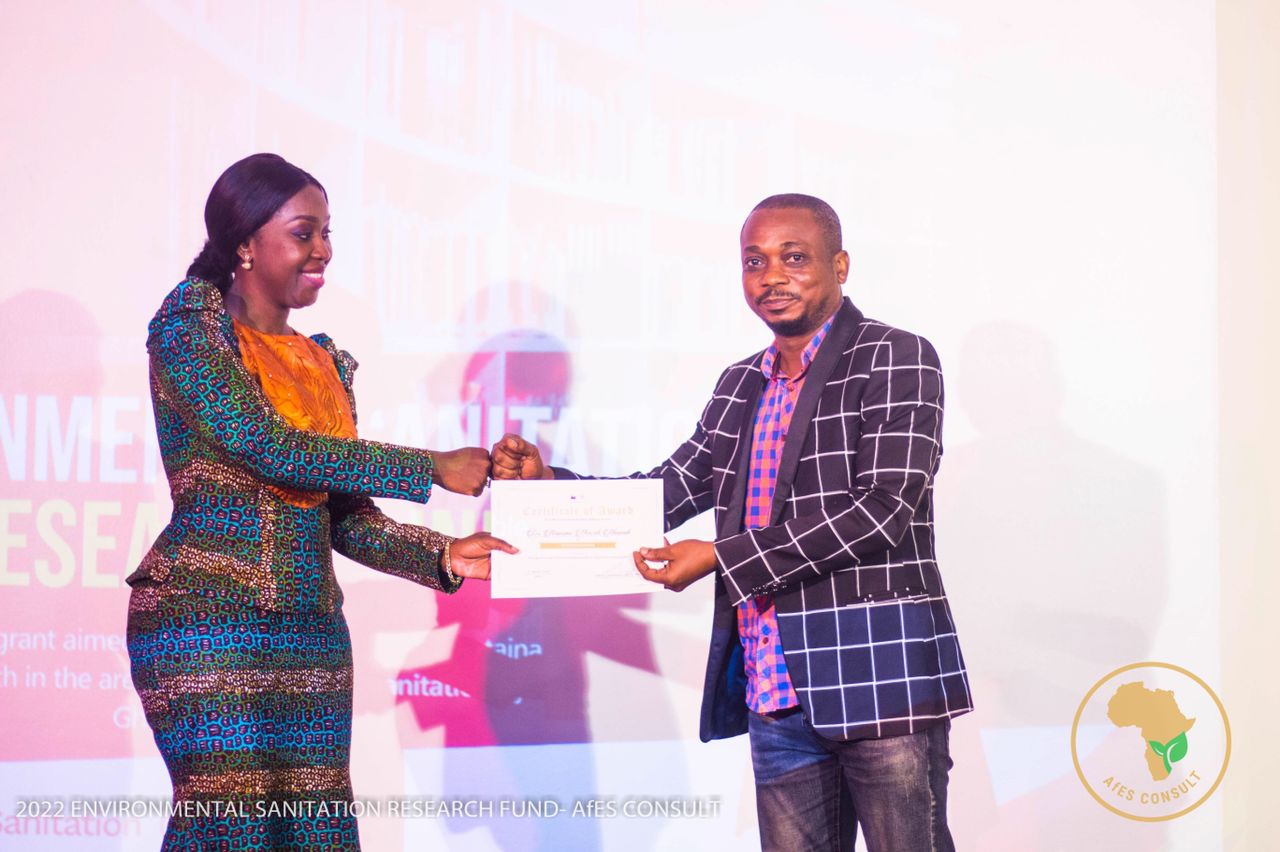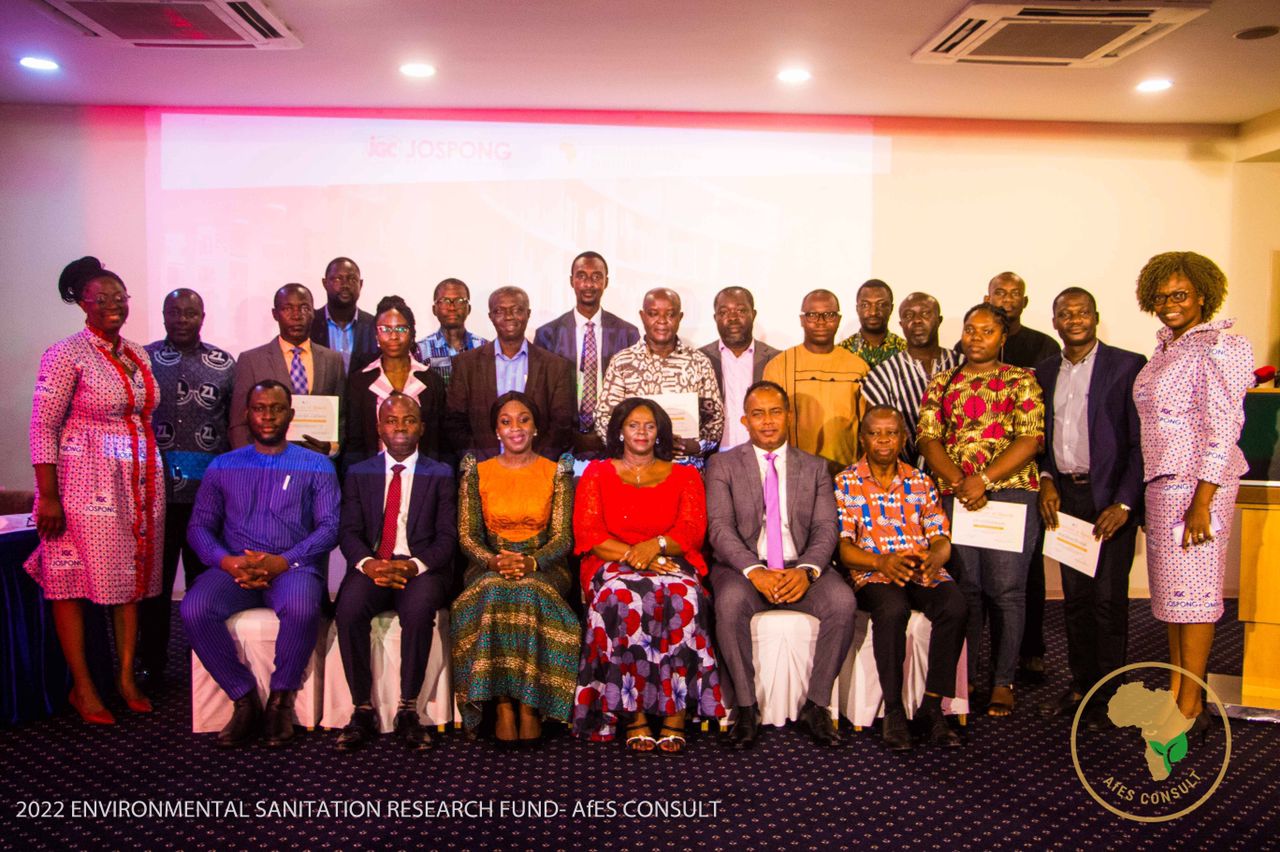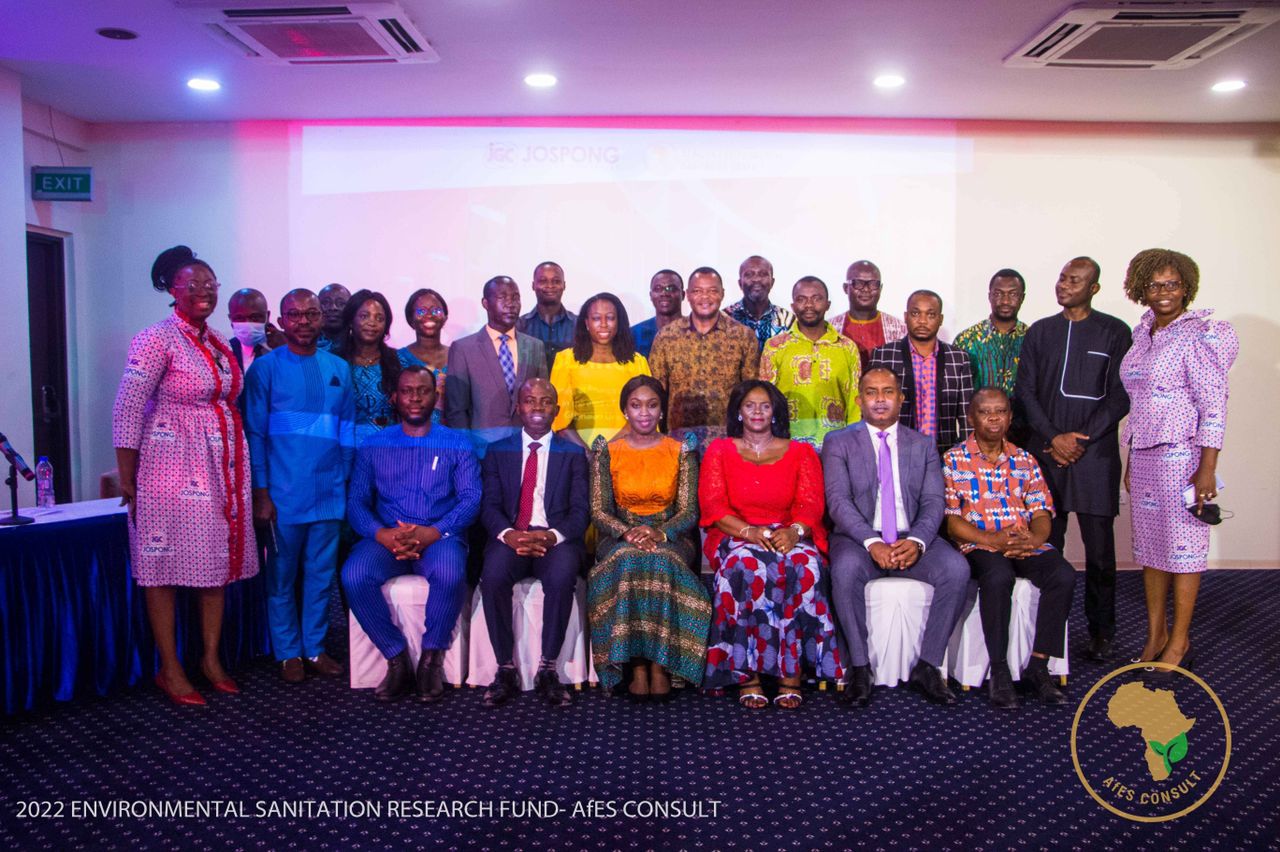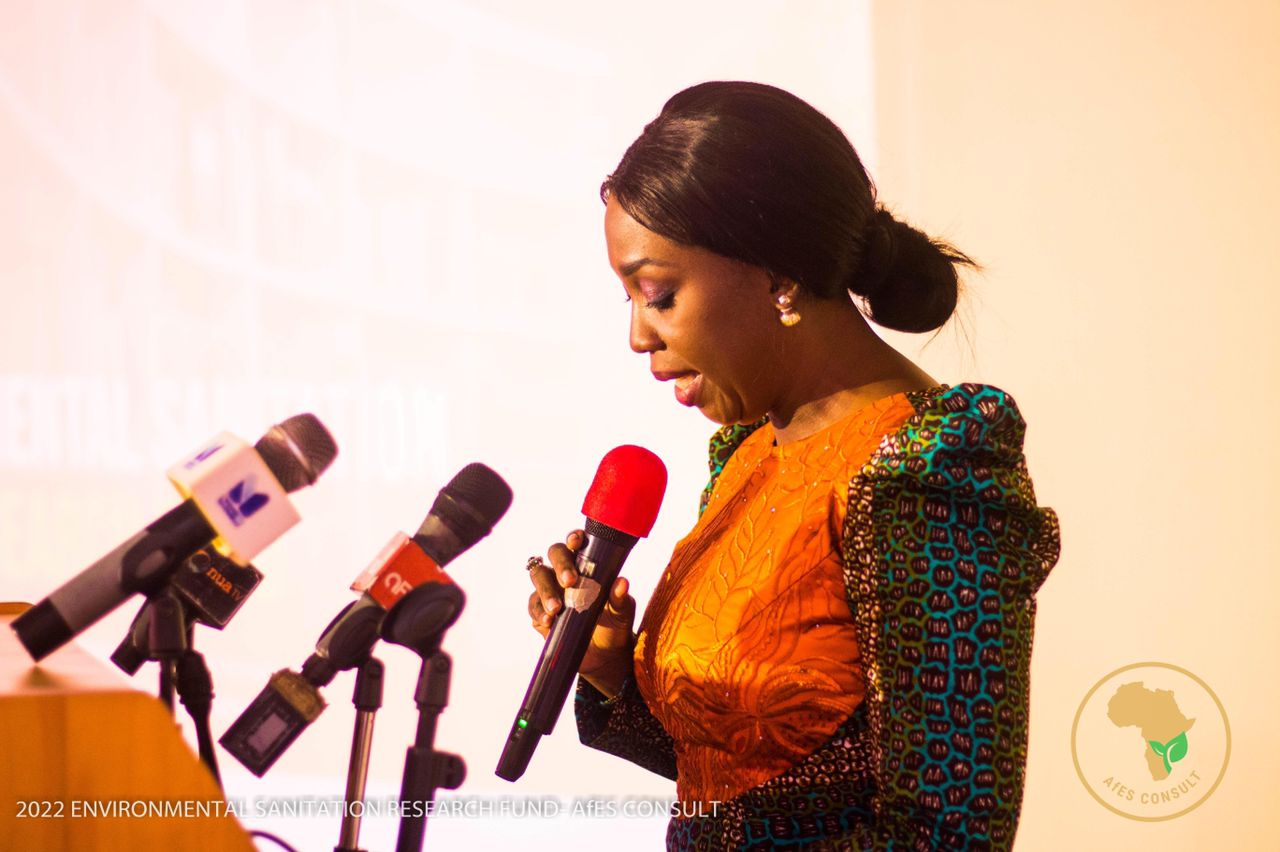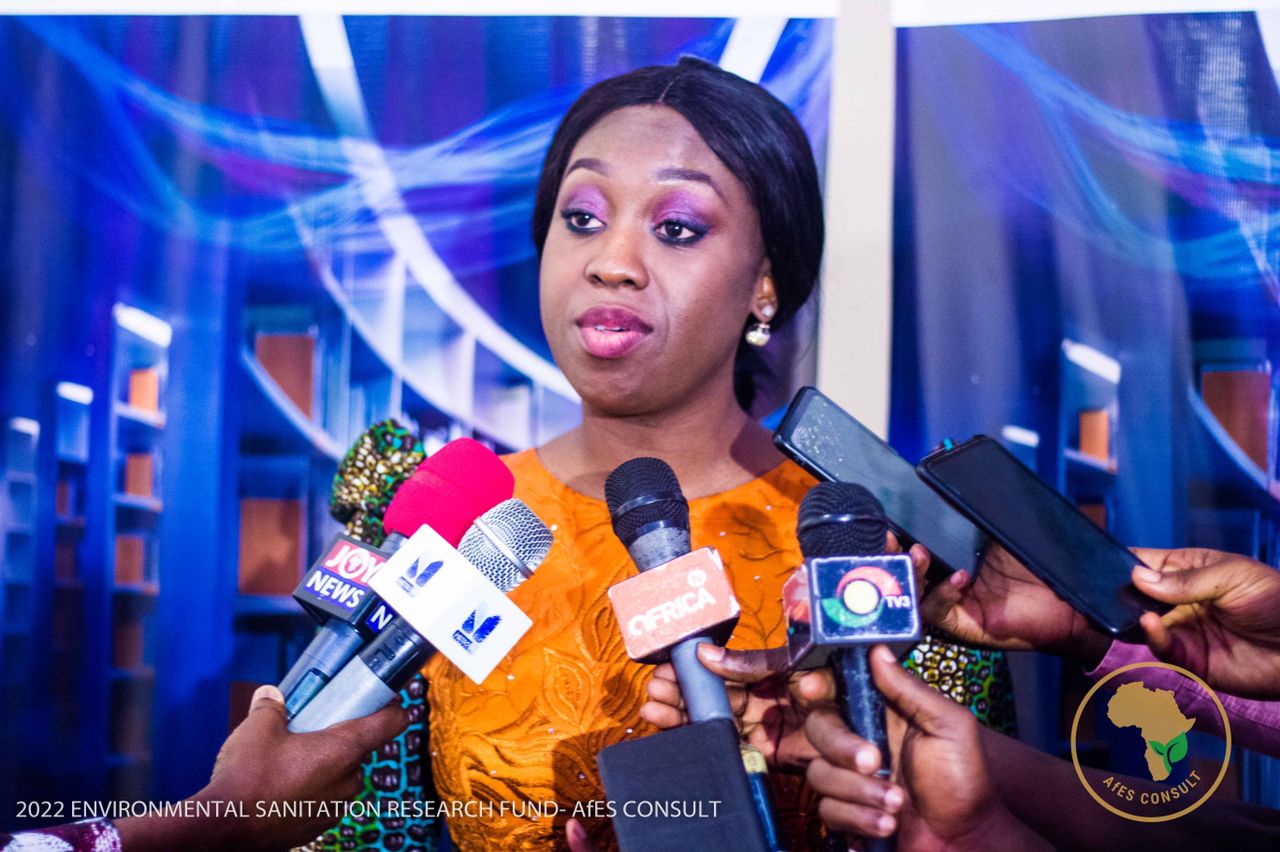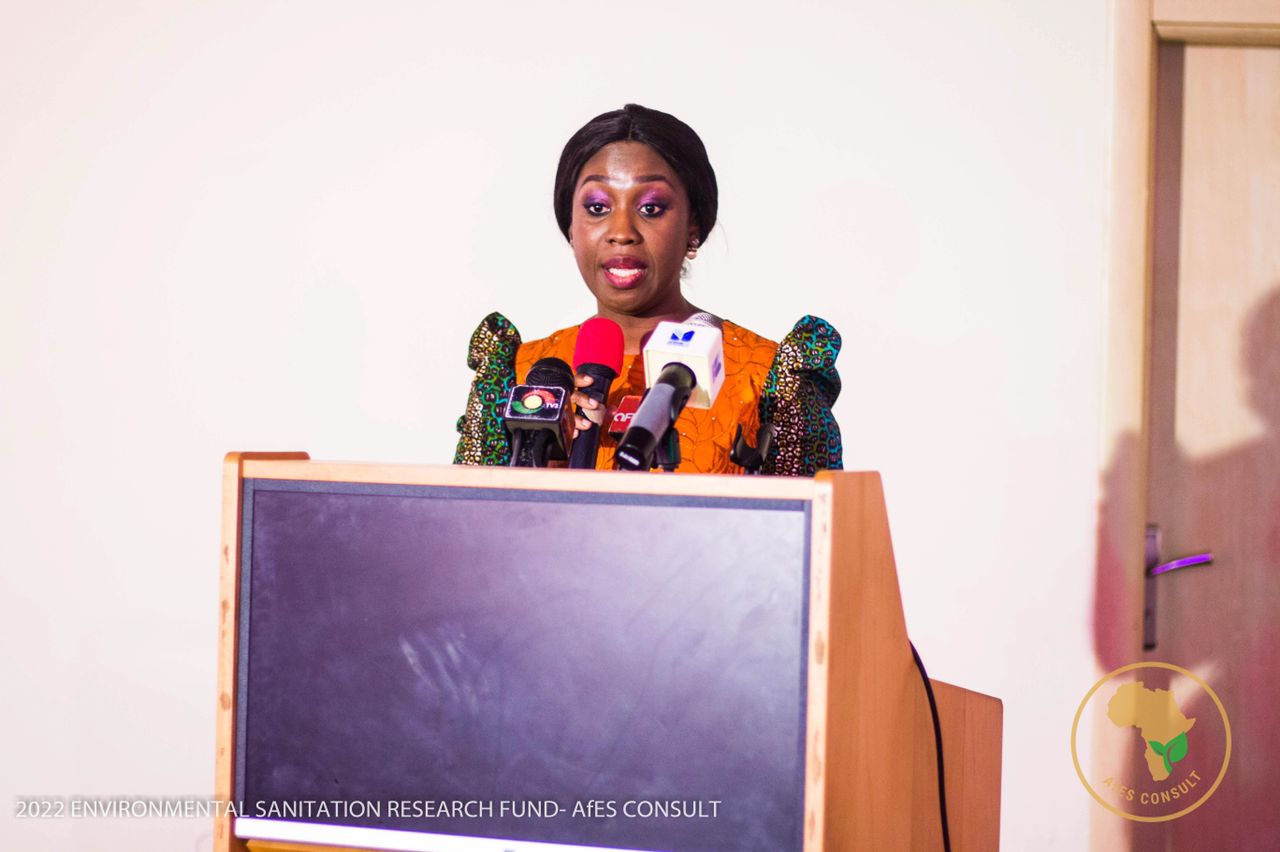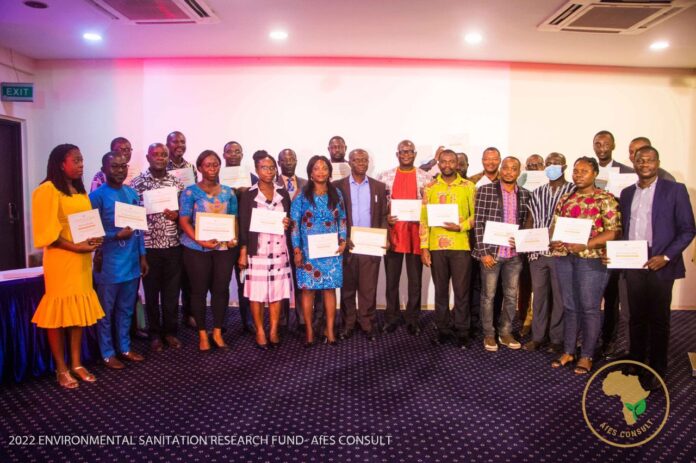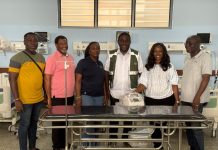Twenty-six (26) teams of researchers from thirteen (13) universities and research institutions across the country have received grants from the Jospong Group of Companies’ (JGC) Environmental Sanitation Research Fund (ESRF) to investigate issues in the space of environmental sanitation.
The grant is expected to fund research projects led by these researchers to help keep Ghana clean, and more importantly, for governments to achieve the United Nations (UN) Sustainable Development Goals (SDGs).
The maiden ESRF awards saw the Africa Environmental Sanitation (AfES) Consult Limited, the administrators of the fund, present certificates to all the successful applicants.
The teams and their number of researchers are from institutions including Akenten Appiah-Menka University of Skills Training and Entrepreneurial Development (4), C.K. Tedam University of Applied Science (2), Council for Scientific and Industrial Research – Institute for Industrial Research (1), Ho Technical University (2), Institute of Local Government Studies (1), Kwame Nkrumah University of Science and Technology (5), Kumasi Technical University (1) and Koforidua Technical University (1).
The rest are the University for Development Studies (1), the University of Energy and Natural Resources (1), the University of Environment and Sustainable Development (2), University of Education, Winneba (2), University of Ghana (1) and University of Professional Studies (2).
In her welcome address, the Managing Director of, AfES Consult Ltd., Dr. (Mrs.) Abena Asomaning Antwi, said these institutions will conduct their research within their respective regions, adding that they constitute eight (8) out of the sixteen (16) regions of the country.
“These projects will help in development and the realisation of the SDGs on climate action, clean water, and sanitation. The research topics include waste to energy, improvements to the solid and liquid waste management systems, and enhancement of compost quality, among others,” she disclosed.
According to her, the 26 teams of successful researchers were selected out of 45 applications.
While congratulating the winners and commending the organisers including JGC and AfES Consult Ltd., the Board Chair of AfES Consult Ltd., Dr. Mercy Gardiner Tenkorang, underscored the importance of research and development on the environment and sanitation.
She explained that this funding scheme will provide the necessary support for practical and empirically based sustainable research in the field of environmental sanitation.
This, she added, will help bridge the “ever-widening gap” between academia and industry: “specific industry problems within the eco-system of waste management will be identified and researched for sustainable solutions.”
“Private sector development has resulted in a significant improvement in the investment of technologies for waste service delivery since the privatisation of the sector some decades ago.
“It is obvious that private sector players, such as the Jospong Group of Companies with keen focus on its waste companies, have given critical components for developing models aimed at guaranteeing sustainable waste collection, recovery, and disposal. Over time, this progress has improved economic growth, reduced poverty, and ensured a safe, clean, and habitable environment,” Dr. Gardiner Tenkorang said.
However, the board chair of AfES Consult Ltd., indicated that thriving private sector in environmental sanitation was saddled with socioeconomic and environmental challenges in their day-to-day business operations.
These challenges, she pointed out, included finding new ways to add value to the waste collected by adopting circular economy models, and other environmentally friendly approaches such as green and smart cities.
She said these challenges required innovation and long-term solutions that were both cost-effective and environmentally beneficial in order to promote and sustain economic growth and well-being.
“To foster economic growth and social inclusion, a knowledge-based society is required, thus investment in research and development (R&D). However, this will not happen by itself. It will need a long-term commitment to quality scientific inquiry, and innovation to steer continuous progress in business and policy while also ensuring that a competent peer-review procedure is in place to lead funds toward high-quality science,” Dr. Gardiner Tenkorang urged.
The Chief Operating Officer (COO) of Environment and Sanitation Group of the JGC, Mrs. Florence Larbi, in a speech read for her, stressed that for the gains along the waste management value chain to be sustained and further improved, there was the need for a “strong research, development and innovation framework.”
“An integrated system should focus on both the technical and non-technical elements of waste management and strategic and appropriate partnership with stakeholders. …Elements to be considered will not only include research and development. Findings should be integrated with good governance, adequate funding, and communication,” she suggested.
In this regard, Mrs. Larbi underscored the need for waste management solutions to look beyond just disposal of waste and “move up the so-called hierarchy which factors waste prevention, minimisation, re-use, and recovery.”
